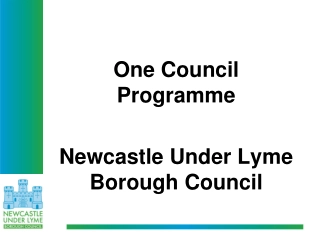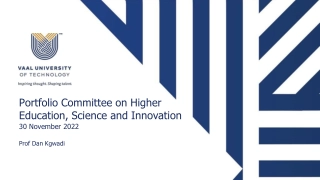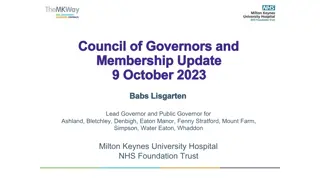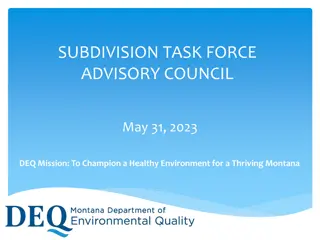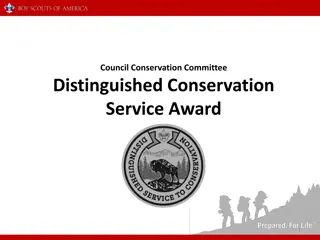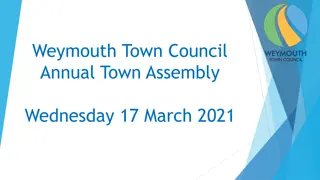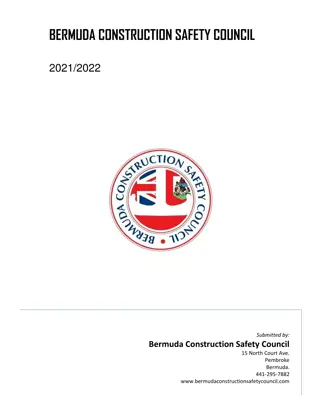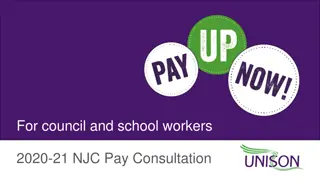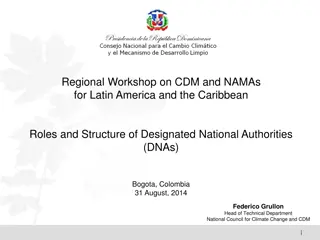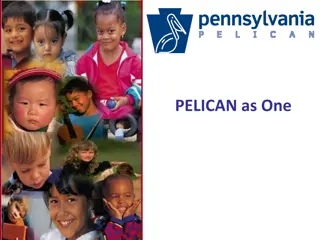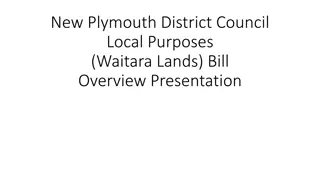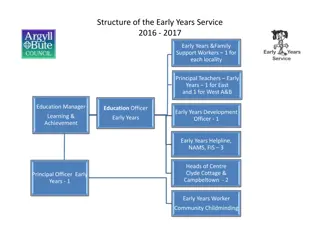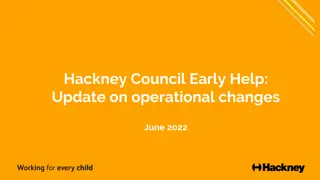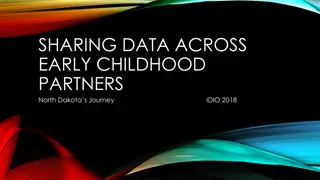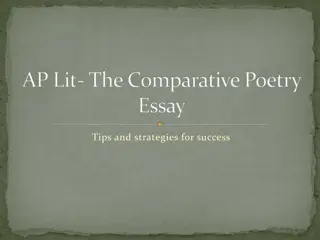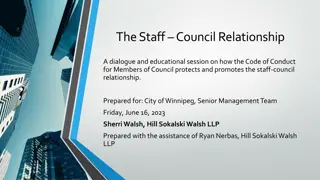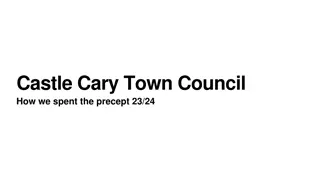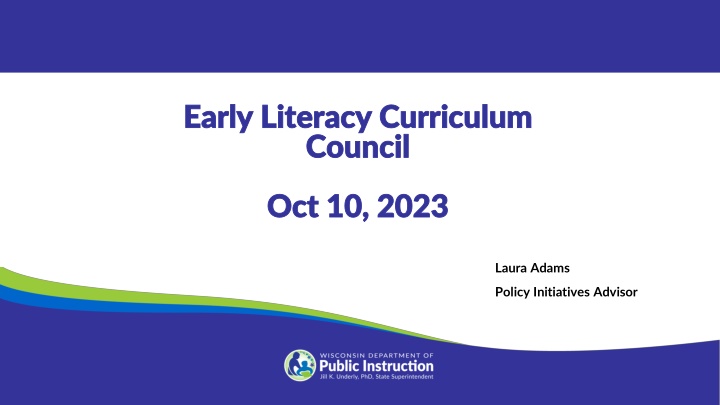
Wisconsin Early Literacy Curriculum Council Meeting Overview
The Wisconsin Early Literacy Curriculum Council meeting discussed the vision and mission of advancing equitable and sustainable educational experiences in Wisconsin. The agenda included introductions, overview of responsibilities, scope of work, and future meeting plans. The council's role involves recommending instructional materials for grades 5K through 3, and ensuring science-based early reading instruction without 3-cueing. Participants shared their backgrounds and reasons for joining this important work.
Uploaded on | 0 Views
Download Presentation

Please find below an Image/Link to download the presentation.
The content on the website is provided AS IS for your information and personal use only. It may not be sold, licensed, or shared on other websites without obtaining consent from the author. If you encounter any issues during the download, it is possible that the publisher has removed the file from their server.
You are allowed to download the files provided on this website for personal or commercial use, subject to the condition that they are used lawfully. All files are the property of their respective owners.
The content on the website is provided AS IS for your information and personal use only. It may not be sold, licensed, or shared on other websites without obtaining consent from the author.
E N D
Presentation Transcript
Early Literacy Curriculum Early Literacy Curriculum Council Council Oct 10, 2023 Oct 10, 2023 Laura Adams Policy Initiatives Advisor
Wisconsin Vision and Mission Wisconsin Vision and Mission OUR VISION Engaged learners creating a better Wisconsin together. OUR MISSION To advance equitable, transformative, and sustainable educational experiences that develop learners, schools, libraries, and communities in Wisconsin.
Welcome and Introductions Welcome and Introductions Welcome from State Superintendent Dr. Jill Underly
Meeting Agenda Meeting Agenda Welcome from State Superintendent Dr. Jill Underly Introductions Overview of responsibilities Scope of work Review of timeline Overview of initial task Establish next meeting date and time Closing
Welcome and Introductions Welcome and Introductions Name What part of the state you re joining from Why you wanted to be part of this work
Overview of Council Responsibilities Overview of Council Responsibilities Recommend 5K through grade 3 instructional materials to DPI annually Consult with the State Superintendent on the individual who will be appointed to serve as director of Office of Literacy/Wisconsin Reading Center
Scope of Work Scope of Work 3. The council on early literacy curricula may recommend only early literacy curricula and instructional materials that satisfy the following criteria: 1. The curricula and instructional materials include all of the components of science-based early reading instruction. 2. The curricula and instructional materials do not include 3-cueing.
Scope of Work Scope of Work "early literacy" = 5K grade 3 "curricula and instructional materials" = materials used in core or universal or tier 1 instruction; not intervention
Components of Science Components of Science- -Based Early Literacy Instruction Instruction Based Early Literacy Science-based early reading instruction is defined as: Instruction that is systematic and explicit and consists of all the following: 1. Phonological awareness 2. Phonemic awareness 3. Phonics 4. Building background knowledge 5. Oral language development 6. Vocabulary building 7. Instruction in writing 8. Instruction in comprehension 9. Reading fluency
Science Science- -Based Early Literacy Instruction Based Early Literacy Instruction Defined Defined Phonics is defined as: The study of the relationships between sounds and words; this includes alphabetic principle, decoding, orthographic knowledge, encoding, and fluency. Note that Wisconsin standards for ELA 2020 defines fluency as being comprised of: Accuracy, automaticity, and prosody.
Prohibited Instructional Practices Prohibited Instructional Practices "Three-cueing" is defined as: Any model, including the model referred to as meaning, structure, and visual cues, or MSV, of teaching a pupil to read based on meaning, structure and syntax, and visual cues or memory.
Review of Timeline Review of Timeline Initial rubric reviews completed Oct 17 Final Individual reviews completed Nov 10 Final consensus on review rubric Oct 20 consensus on list Nov 22 Final list to DPI Dec 1
Ways of Working Ways of Working 5 - I can say an unqualified yes and fully support the decision We will use a 4 - I find the decision perfectly acceptable levels of 3 - I can live with the decision but am not enthusiastic about it consensus 2 - I do not agree with the decision but will not block it protocol to make decisions 1 - I do not agree with the decision and I will stand in the way of it
Overview of Initial Task: Rubric Review Overview of Initial Task: Rubric Review You will receive 6 different instructional materials review rubrics You will receive a link to a Google form You will review each rubric You will use the Google form to rate each rubric You will complete the Google form 5 times once for each rubric
Establish Next Week's Meeting Establish Next Week's Meeting Purpose of next meeting: reach consensus on a review rubric
Closing Closing Thank you for your work this evening and your commitment to early literacy


